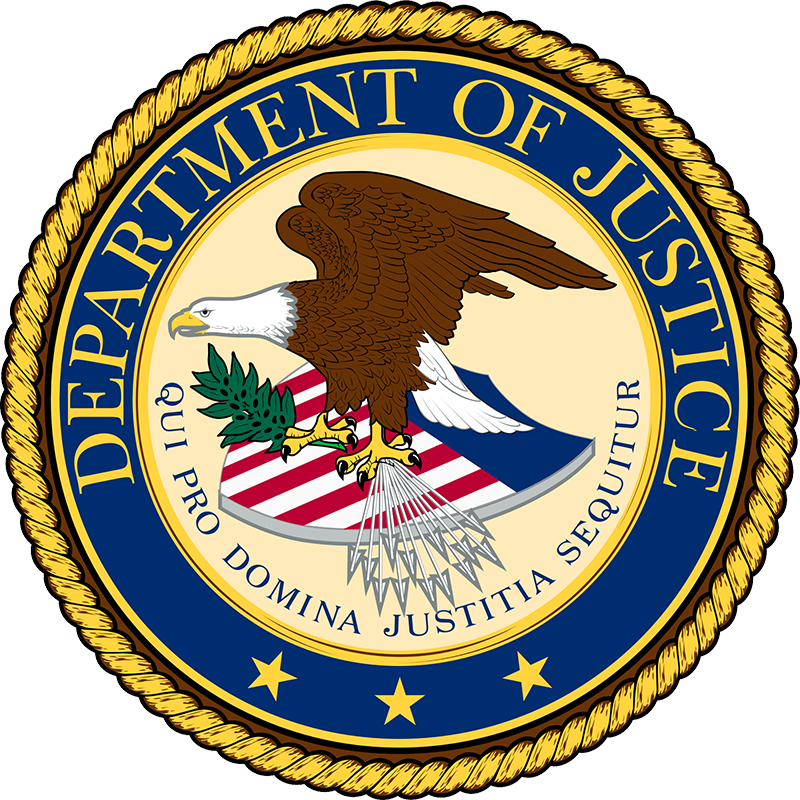Seeking Deterrent Effect, DOJ Targets Cases that Have Big Influence

As the Department of Justice (DOJ) continues to prioritize prosecution against food companies that have been involved in recalls and foodborne illnesses, many often wonder how exactly the department decides which companies it will pursue and why. The most notorious recent example is the case against the Peanut Corporation of America (PCA) in which the sentencing of the company’s executives was said to have set a precedent for the industry. One of the reasons the DOJ went after PCA was due to its widespread distribution of food and the fact that the illnesses and deaths were all over the country, according to Michael Blume, director of the consumer protection branch of the DOJ.
“Did any of you hear about [PCA] before the outbreak?” Blume asked the audience at the GMA Science Forum last week. “Consumers have very little ability to protect themselves from foodborne illness. PCA was in all kinds of brands—crackers, Kelloggs, [etc]. For those reasons, we were much more concerned about preventing these kinds of outbreaks and what could the DOJ do about it.”
When assessing contenders for criminal prosecution, there are several common factors that encourages the DOJ to dig deeper:
- The amount of harm. Has the sale of contaminated food has led to a great deal of illnesses or deaths?
- Has the company had problems in the past? If it is a first time occurrence, the DOJ is less likely to pursue a case, but if there is a history, “we’re going to look harder,” said Blume. For example, if a government agency or another party has identified a problem, and then the FDA also sees the problem and issues a 483. Then five years later, the company still has not fixed the problem.
- Similarly, if the DOJ sees that the company has identified internal problems and has chosen not to fix them, and as a consequence, these actions lead to the sale of contaminated food.
- Where does the company sit in the market? “We can’t [pursue] every case, we have to think about what case will be most impactful,” said Blume. “What case will signal to the rest of industry that there are things they need to think about? If it is a company that people think have a good reputation, etc—to give a signal to industry—there are things that even the very best in industry can run afoul.”
- If there’s evidence that the company has misled any party. This doesn’t apply to a government body only—it could also be the company’s vendors.
- The general culture. Although this concept is intangible, the DOJ considers a company’s reputation in the industry and the relationship it has with regulators. Are they trying to fix issues and maintain compliance? That will make a difference and will be weighed in the company’s favor versus companies that choose to ignore problems.
“The DOJ thinks very hard about charging individuals. If there’s a criminal investigation targeting a company, you have to be concerned about who acted within the company and what their role was.” – Michael Blume, DOJ
Of course, food companies would like to avoid the heavy hand of the DOJ and for that, Doug Fellman, partner at Hogan Lovells US, LLP, offered several points of advice:
- Be on guard for red flags that suggest a compliance-related environment in which the company is at risk for having problems. If employees are raising concerns at the facility or about the manufacturing process, don’t let people write those individuals off.
- Be careful about how any decisions will look in hindsight. Stop on a real-time basis and look at how it will appear in retrospect.
- If in a recall situation, decisions must be made quickly. Be careful that any decision making won’t to come back and bite the company when someone looks at it with the benefit of time.
- Always be truthful and candid with the regulators.
- Ask yourself whether you really know the conditions at the facility. Do people have visibility to what’s happening there?
- Beware of emails. “Emails form the basis of almost every case I have,” cautioned Fellman.
Should the DOJ show up at your facility, it’s important to be polite and act professional towards agents. Although this may seem obvious, whether or not the agents immediately encounter pushback makes a difference, advised Blume. That said, it’s important to have protocols in place in the event that the DOJ shows up either at a company facility or even at an employee’s doorstep. “We get great evidence from a knock at someone’s door who doesn’t know what to say or when we do an inspection and people don’t know what to do,” said Blume. It’s prudent to discuss in advance when to seek the advice of a lawyer, because the more prepared a company is in handling such an issue, the less likely it is to make incriminating statements.